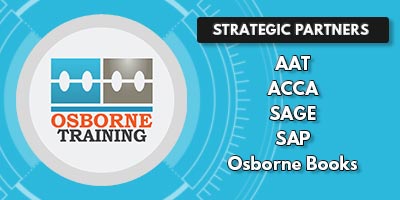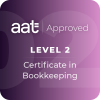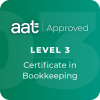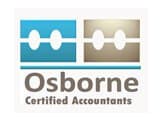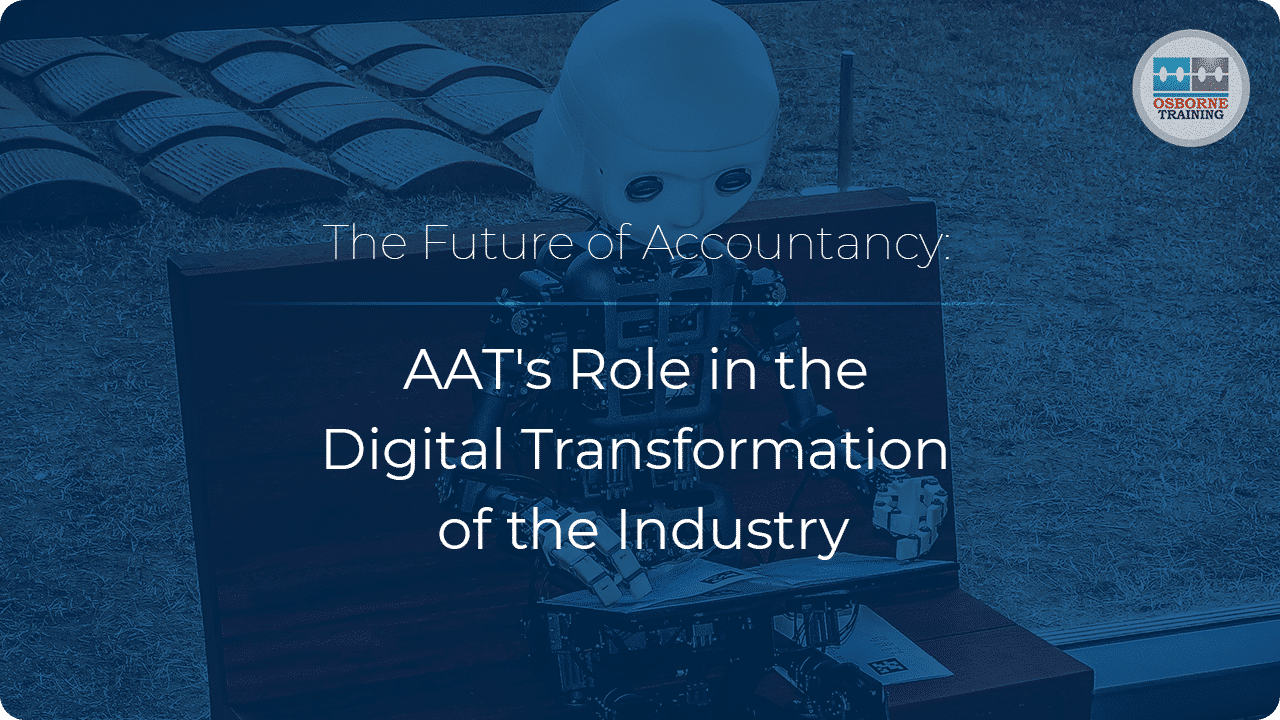
The Future of Accountancy: AAT’s Role in the Digital Transformation of the Industry
As we enter the digital age, the accountancy industry is also undergoing a transformation. With the advent of technology, the industry is becoming more efficient and effective.
One of the organizations that is playing a crucial role in this transformation is AAT. In this article, we will explore AAT’s role in the digital transformation of the accountancy industry.
A. Introduction to the Digital Transformation of the Accountancy Industry
The accountancy industry has traditionally been associated with manual processes and paperwork. However, with the rise of technology, the industry is undergoing a digital transformation. This transformation is being driven by the need for increased efficiency and accuracy, as well as the desire to provide better services to clients.
The digital transformation of the accountancy industry is not a new phenomenon. In fact, it has been going on for several years. The industry has been embracing technology in various forms, such as accounting software, cloud computing, and data analytics.
B. What is AAT?
AAT (Association of Accounting Technicians) is a professional body that provides qualifications in accounting and finance. It is recognized globally and has over 140,000 members worldwide. AAT’s qualifications are highly respected in the industry and are designed to equip individuals with the skills and knowledge they need to succeed in their careers.
AAT’s qualifications cover various areas of accounting, such as bookkeeping, financial management, and taxation. They are designed to be practical and relevant to the needs of businesses and individuals.
C. AAT's Role in the Digital Transformation of the Accountancy Industry
AAT is playing a vital role in the digital transformation of the accountancy industry. It is doing this by providing its members with the skills and knowledge they need to embrace technology and incorporate it into their work.
AAT’s qualifications cover various areas of technology, such as cloud computing, data analytics, and cybersecurity. These skills are becoming increasingly important in the industry, and AAT is ensuring that its members are up to date with the latest developments.
D. The Benefits of Incorporating Technology in Accountancy
Incorporating technology into accountancy has several benefits.
- One of the most significant benefits is increased efficiency. Technology enables accountancy professionals to automate many of their manual processes, such as data entry and reconciliation.
- Another benefit of incorporating technology is increased accuracy. Technology is less prone to errors than manual processes, which can help reduce the risk of mistakes in financial reporting.
- Incorporating technology can also help accountancy professionals provide better services to their clients. Technology enables professionals to provide real-time financial information to their clients, which can help them make better business decisions.
E. Artificial Intelligence and Its Impact on the Accountancy Industry
Artificial intelligence (AI) is one of the most significant developments in technology in recent years. AI has the potential to revolutionize the accountancy industry by automating many of the tasks that are currently done manually.
AI can be used for various tasks, such as data analysis, fraud detection, and financial forecasting. By automating these tasks, accountancy professionals can focus on more complex and strategic work.
F. How AAT accredited Osborne Training is Preparing its Students for the Future of Accountancy
Osborne Training offers its students the top-notch accountancy skills and knowledge they need to embrace technology. AAT qualifications cover various areas of technology, such as cloud computing, data analytics, and cybersecurity.
AAT is also working with industry partners to develop new qualifications that are relevant to the needs of businesses and individuals. And we at Osborne Training provide AAT courses with a range of resources and digital tools, to create accountancy professionals that are up to date with the latest developments in the industry.
In addition, Osborne Training provides online courses, webinars, and e-books to make learning easier.
G. Challenges Faced by the Industry in the Digital Age
The accountancy industry faces several challenges in the digital age.
- One of the main challenges is the pace of technological change. Technology is evolving at a rapid pace, and accountancy professionals need to keep up with these changes.
- Another challenge is the potential loss of jobs due to automation. As AI and other technologies become more prevalent in the industry, some jobs may become redundant.
- Finally, there is also a concern about data security and privacy. Accountancy professionals need to ensure that they are using technology in a secure and responsible manner to protect their clients’ data.
H. In the End
The digital transformation of the accountancy industry is well underway, and AAT is playing a crucial role in this transformation. By providing its members with the skills and knowledge they need to embrace technology, AAT is ensuring that its members are well-equipped to succeed in the industry.
The future of accountancy is likely to be dominated by technology, and accountancy professionals need to adapt to these changes. AAT is well-positioned to help its members navigate these changes and succeed in the industry.
Learn more about AAT accountancy and bookkeeping courses here.
